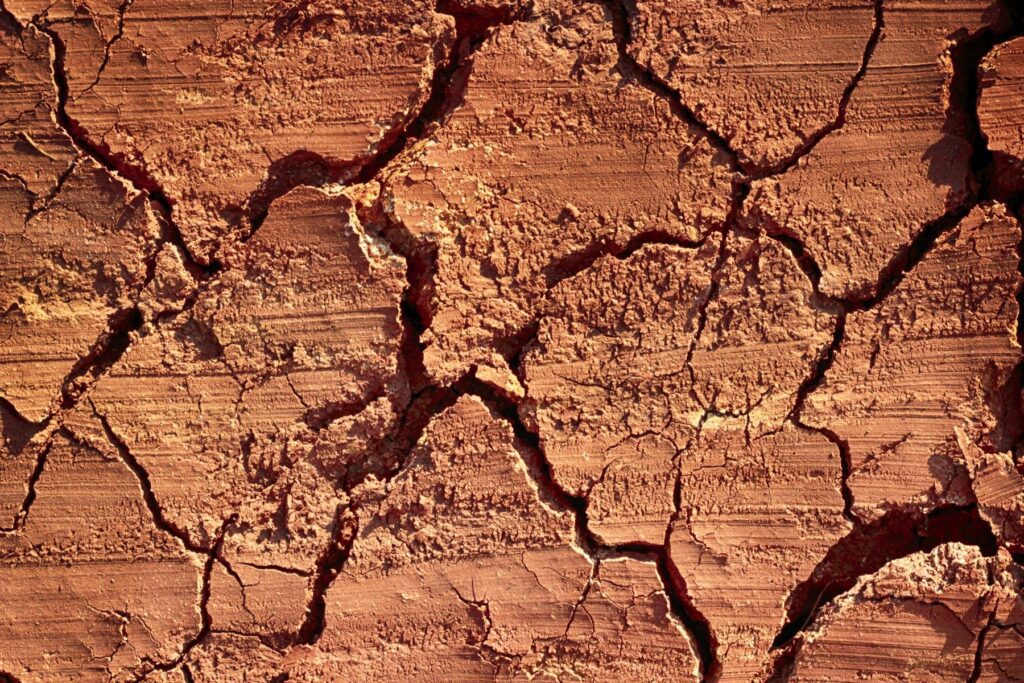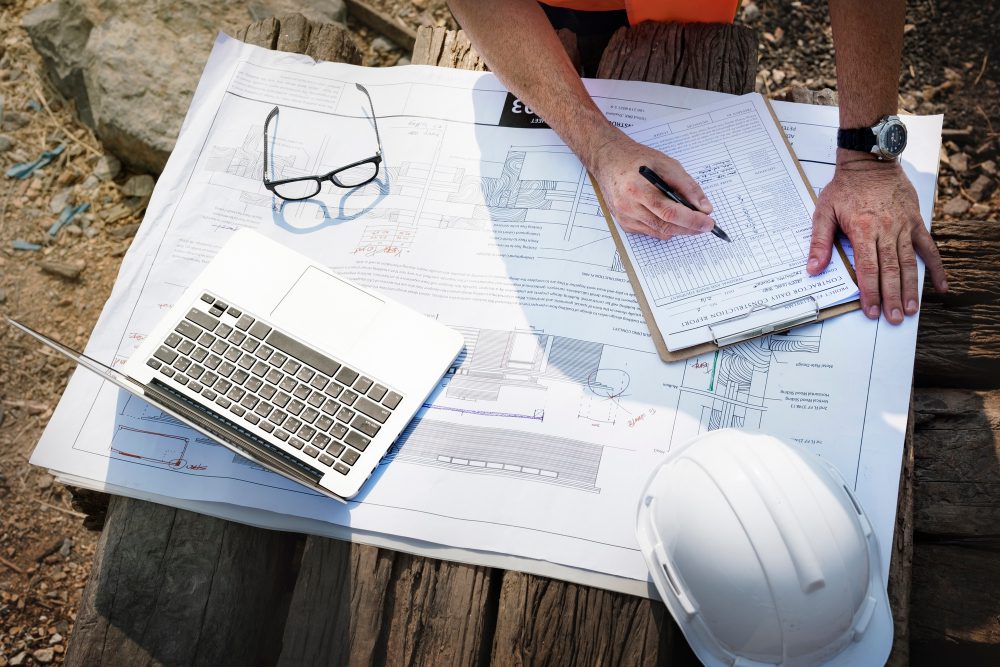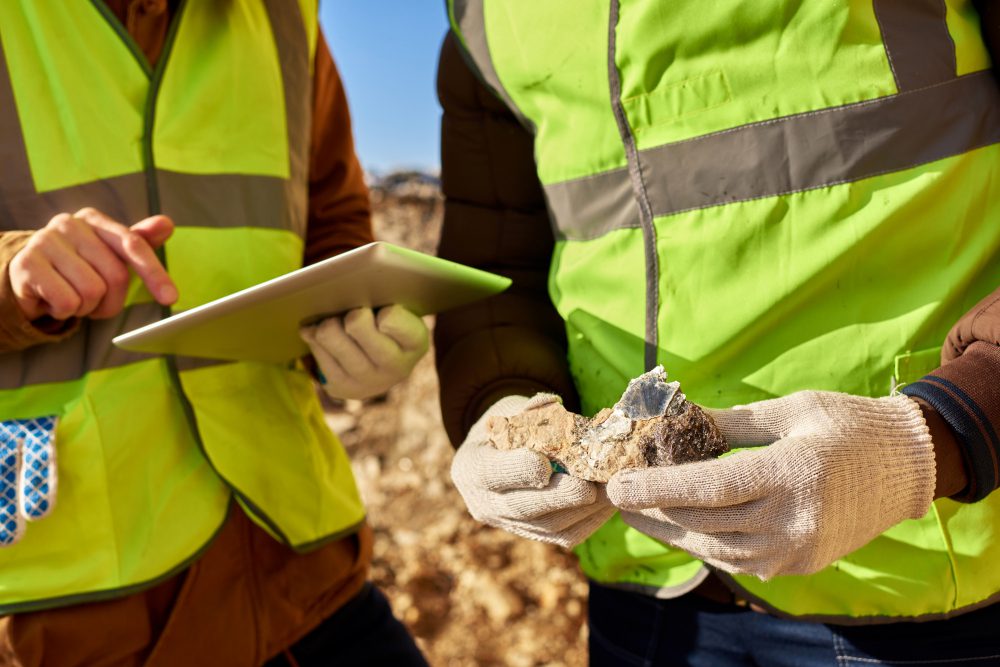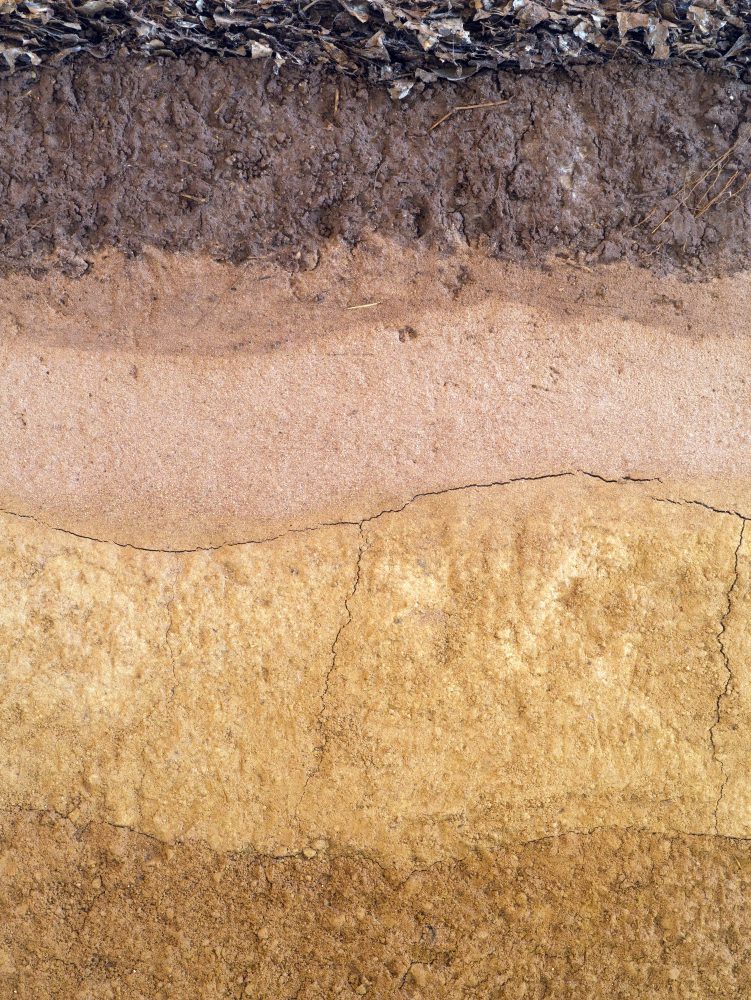

Our experts investigate several risks that can damage new structures or neighboring buildings, or even pose safety risks to individuals. Our experts assess risks that are typically caused by:


We prepare subsoil reports in accordance with regulatory requirements that mandate investigations to ensure building safety and compliance:
Source: BDG – Professional Association of German Geoscientists e.V.: Flyer: "Subsoil surveys are always the right decision – information for builders".


Our experts use a variety of methods to assess the subsoil, providing essential information for the subsoil report:
The data obtained from these techniques are fundamental to developing a comprehensive subsoil report, which integrates both field and laboratory soil mechanics testing to determine critical calculation values. These values provide the basis for informed foundation design and consultation.


Conducting a subsoil investigation offers several significant advantages:
Quelle: BDG – Berufsverband Deutscher Geowissenschaftler e.V.: Flyer: „Baugrunduntersuchungen sind immer die richtige Entscheidung – Informationen für Bauherren“
Soil investigations involve analyzing underground soil layers to determine their composition, stability, and suitability for supporting infrastructure or remediating environmental impacts.
Gemäß DIN 4020 sind solche Untersuchungen erforderlich, um verschiedene Aspekte wie die Tragfähigkeit des Bodens, die Untergrundverhältnisse sowie potenzielle Risiken für das Bauwerk und angrenzende Strukturen zu beurteilen. Mit 33 Jahren Erfahrung und zahlreichen erfolgreich abgeschlossenen Projekten ist ICP Ihr verlässlicher Partner für umfassende und präzise Baugrunduntersuchungen.
The selection of the optimal method for subsoil investigations is guided by several key principles to ensure the most effective, reliable, and efficient outcome:
By following these principles, each subsoil investigation is designed to deliver comprehensive, accurate data while minimizing risks, adhering to regulatory standards, and ensuring project success.

